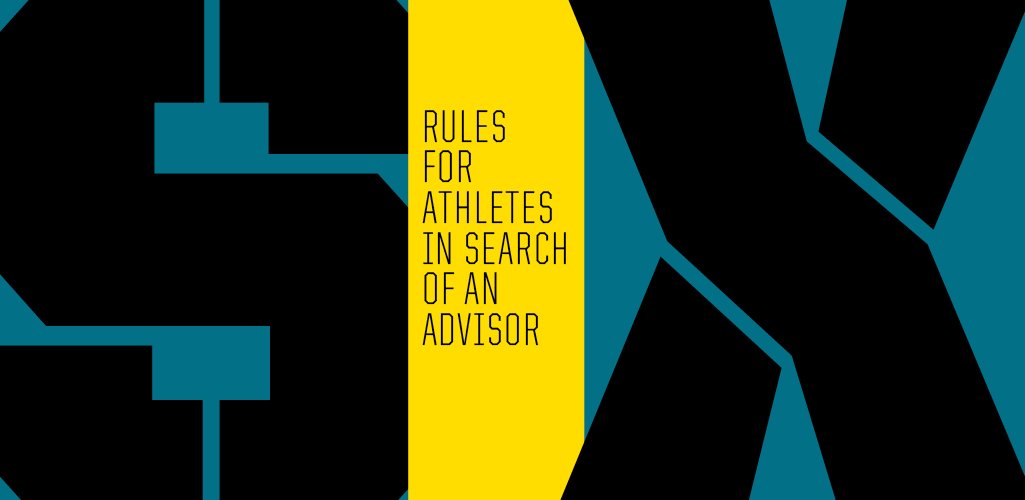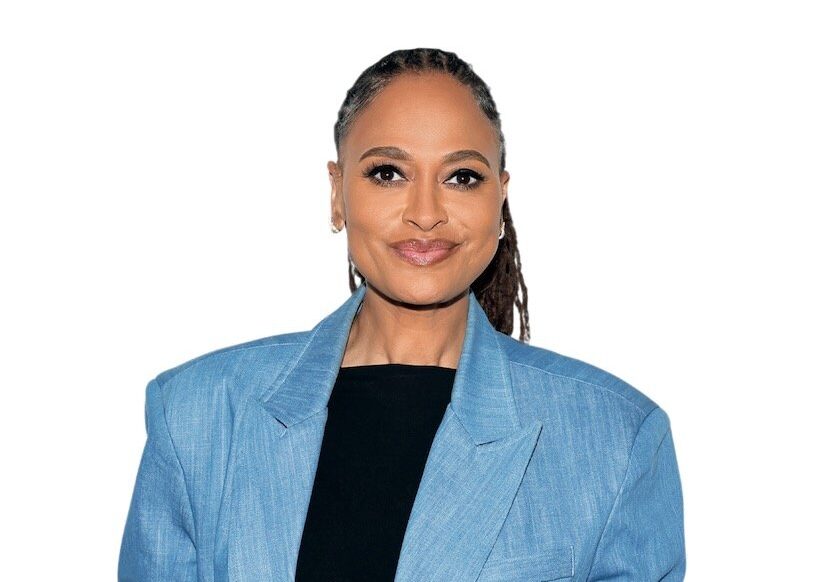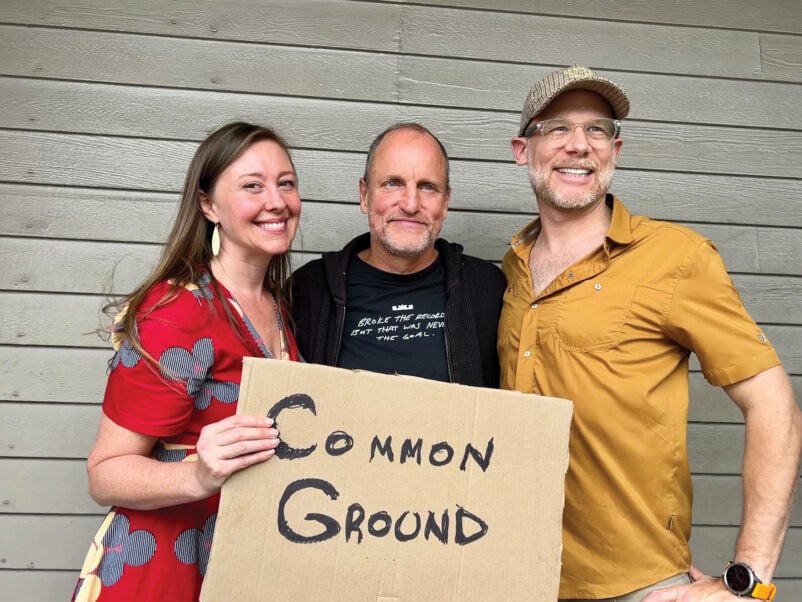Too often, the financial life cycle of pro athletes follows this pattern: Fat signing bonuses and rich endorsement deals. Lavish living. Soaring costs and salary advances. Mountains of debt, and perhaps a career-ending injury. And then, the desperate step to stay afloat, bankruptcy. Here’s how to avoid living the cliché.
Despite multimillion-dollar windfalls and enormous potential for lifelong stability, financial health is often a casualty of a professional athlete’s career. Consider Mike Tyson, who blew $300 million in career earnings on excesses such as jewelry, mansions and Bengal tigers, and racked up $27 million in debt by the time he filed for bankruptcy in 2003.

While Tyson is emblematic of the boom-to-bust cycle due to his flamboyance, the world of sports is crowded with cautionary tales. There’s football’s Terrell Owens (squandered earnings: $80 million), baseball’s Curt Schilling ($90 million), basketball’s Antoine Walker ($108 million) and soccer’s David James ($30 million). The list goes on and on.
And bankruptcy filings don’t tell the whole story of stars’ financial woes. Plenty of others teeter on the brink. According to the George Washington University’s Global Financial Literacy Excellence Center, more than 15 percent of NFL players declare bankruptcy in retirement, but a Sports Illustrated study found that nearly 80 percent of players are broke within two years of retirement, and 60 percent of NBA players are struggling financially within five years of retirement.
While the specific circumstances of these financial failures range from overspending and bad investments to crippling lawsuits and tax trouble, there is a fatal flaw at the root of just about every case: a lack of sound guidance. The following rules will help pro athletes find the advice needed to stay on a healthy financial course.

01: RECOGNIZE THE NEED FOR PROFESSIONAL, SOPHISTICATED ADVISORY SERVICES—DON’T RELY ON A BUSINESS MANAGER, FRIENDS OR FAMILY.
It’s natural to look to the inner circle for advice. But it’s a big mistake when it comes to finances. Even if a manager, friend or family member has a financial background, it’s unlikely they’re qualified to deal with the unique circumstances of professional athletes, such as partial-year compensation schedules, a heavy reliance on endorsements, a vulnerability to lawsuits and the fact that careers are so brief. NFL players’ careers last an average three and a half years; NBA players retire after an average four and a half years. It takes savvy to make money last. Also, personal relationships inevitably cloud money matters, making some relations feel entitled to the funds themselves.
NHL star Jack Johnson made the tragic mistake of trusting Mom and Dad with his finances. The parents took out multimillion-dollar loans in their son’s name, which they could not repay, forcing him to declare bankruptcy in 2014. Johnson was in the middle of a seven-year contract with the Los Angeles Kings for an annual $4.4 million—but all that money ended up going to creditors.
The parents took out multimillion-dollar loans in their son’s name, forcing him to declare bankruptcy.
Managers and agents often try to wrangle control of financial planning. Don’t let them. “In many cases managers will get a securities license and attempt to manage an athlete’s money because it’s a lot more lucrative for them to do it themselves than to bring in an expert,” says Jason Katz, a senior wealth advisor in UBS’s Private Wealth Management division. Even if the manager is a good stockbroker, designing and managing a financial plan take broader expertise.
02: ASSEMBLE A COLLABORATIVE TEAM.
Build a team of experts, not just one person, to handle your finances. Beyond a financial advisor, pro athletes need an accountant, an estate-planning attorney and an insurance agent. “If you’re doing a great job budgeting but you don’t have the proper insurance or tax advice, that can ruin everything,” says Justin McCarthy, a partner at Mariner Wealth Advisors in New York.
Look to wealth management firms with specialists in working with athletes. Morgan Stanley and SunTrust, for example, have sports and entertainment advisory groups. UBS and Wells Fargo have private wealth management units for ultra high net worth clients, including professional athletes. Firms don’t have to be large. Multifamily offices pride themselves on being able to focus on a handful of wealthy clients, and some have experience with athletes.
The point is to have as many experts as possible working under one roof, so services are comprehensive and clients only have to make a single call to have all their needs met. “Our clients come to us with things they want to talk about, not just investments or funds they need,” says Drew Hawkins, head of Morgan Stanley’s Global Sports & Entertainment division. “We can get them on the phone with whomever they need.”
Greg Merrill, a financial advisor with UBS Financial Services’ Shantz Mantione Group in Stamford, Conn., compares the most successful financial teams to powerhouse sports teams. He grew up around sports—playing hockey in college and with a brother, Jon Merrill, who plays on the New Jersey Devils. “Most professional athletes have been playing on teams since childhood, and the concept of being on a team is second nature to them,” he notes. “So they should understand that you need a team to help you, and you need an advisor who can be the quarterback of that team, making sure that every member is on the same page.”
03: SCREEN ADVISORS CAREFULLY.
Bad advice is rampant, but the consequences aren’t always evident until years later, after the damage has been done. To find reliable experts, get referrals from retired athletes in their 30s and 40s who are financially successful, says Lester Law, managing director at Abbot Downing, a division of Wells Fargo that serves athletes and other ultra high net worth clients. “Don’t ask your buddy or your teammates for referrals.”
A recent lawsuit brought by two athletes against a former Morgan Stanley Smith Barney broker underscores how important it is to assess the reliability of advisors, even if they’re working at a reputable firm. John St. Clair, a former offensive tackle for the St. Louis Rams, and Keyon Dooling, an NBA point guard who retired from the Memphis Grizzlies in 2013, successfully recovered $819,300 last year after being advised by the broker to invest in a worthless apparel company.
Check for grievances against advisors through the Financial Industry Regulatory Authority (FINRA), and vet attorneys and insurance agents through the Better Business Bureau and state licensing agencies. If you use a CPA, ensure that yours is up to date on the latest licensing requirement through the American Institute of Certified Public Accountants. For a tax attorney and estate planner, consider a member of the American College of Trust and Estate Counsel, an industry organization that requires new members to have at least 10 years of experience and peer referrals. “These are people whose sole craft is estate planning, who do wills, trusts, premarital planning and ensure asset and liability protections,” says Jim Cundiff, a tax lawyer and partner at the law firm McDermott Will & Emery.
04: LOOK FOR AN ADVISOR WITH CONFIDENCE AND THE BACKBONE TO SAY NO.
Be secure enough to admit what you don’t know and to hire people who may not always tell you what you want to hear about spending, investment choices and other decisions. “It’s important to work with an advisor who has a strong enough personality to push back on a request that isn’t in a client’s best interest,” says Jeff Dunn, head of the Sports and Entertainment Specialty Group at SunTrust Private Wealth Management.
Spending limits are tough for athletes when they’re making $500,000 in their first year.
The pushback can be critical, says Antoine Walker, a former NBA forward who was in debt after his first year in the league. “When you’re young, you’re not thinking about the fact that your career is going to have an end. All you care about is the now,” he says. Walker earned about $108 million over his 12-year career, but after spending sprees and big real estate investments that went bust, he filed for bankruptcy in 2010, two years after retirement.
Spending limits are tough for athletes when they’re making $500,000 in their first year and their teammates are making exponentially more. “Many make the mistake of buying the Porsche in year one rather than in year three,” says attorney Steven Olenick, a partner at Loeb & Loeb, a law firm in New York. “What if you get cut or injured the next year?”
But monthly spending caps are a must, says Ian Barclay, copresident of Colony Sports and Entertainment in Denver. “Anytime a client wants to go over that limit, they have to call and give us a reason.” Barclay has actually dropped clients over the issue. “It’s the hardest skill for an advisor to learn, but it’s critical,” he says. “We’ve been told by retired clients, who are happy with where they are today, that in retrospect the limits were the best part of the relationship.”
05: CHOOSE AN ADVISOR EXPERIENCED IN HELPING ATHLETES WHO ARE SUPPORTING FRIENDS AND FAMILY MEMBERS.
Many athletes come from modest circumstances and find that as soon as they have money coming in, family and friends start asking for financial help.
Bart Scott, former NFL linebacker for the New York Jets and the Baltimore Ravens, remembers what it was like to get the first fat check of his professional career. “The whole time you were a kid you were living around roaches and crack and gangs, and the only thing pushing you to the gym every day is the idea of getting out,” he says. “Then, when you make some money, you want to get your family out.”
“The only thing I thought about was giving Mom the big house and the big cars and making sure my brothers and sisters are straight. I didn’t think, Let me set up a trust.”
But there’s a problem, says Walker. “You don’t know how to help them. The only thing I thought about was giving Mom the big house and the big cars and making sure my brothers and sisters are straight. I didn’t think, Let me set up a trust.”
An athlete’s advisory team can establish ways to help that are sustainable and don’t create unhealthy dependencies. “Instead of giving someone that $5,000, maybe they get $200 a month,” McCarthy says. He notes that sometimes his role is extended to educate family members so they, too, can understand the long-term financial plan and feel invested in its longevity.
06: HOLD YOUR ADVISORY TEAM TO A STRICT TEST: HOW WELL ARE THEY INFORMING YOU?
If an advisor isn’t willing to explain the basics—What is a credit score? A mutual fund? A compounding return?—then an athlete should move on, immediately. “The top 11 picks of the 2017 NBA draft are projected to be college freshmen. In many cases, athletes are signing their first contract when they are still teenagers,” says SunTrust’s Dunn. “An advisor needs to educate clients on everything from the importance of a credit score to basic budgeting.”
Even years into a relationship with an advisor, an athlete should always know the answers to basic questions, such as: How much money do I have? How much debt? How is my money invested? What’s my expected return? What are the worst-case scenarios?
If athletes know the answers to these questions, then they’re likely to avoid the kinds of lousy investments many have made. Baseball’s Torii Hunter, who retired from the Minnesota Twins in 2015, fell for a pitch to invest $70,000 in a venture to make inflatable rafts designed to sit under furniture and help flood victims float their furniture to safety. The rafts never saw the light of day, and his money vanished. Then there’s Michael Vick, a former quarterback who played for the Atlanta Falcons and Philadelphia Eagles. He lost at least $6 million in a failed car rental business, wine shop and real estate investments. And former New Orleans Saints running back Deuce McAllister blew $7 million investing in a car dealership that went belly-up.
In some cases, athletes invest in a new restaurant, nightclub or other business after they retire as a way to occupy themselves. A good advisor should be preparing athletes for the end of their athletic careers while they’re still in the game. Well-laid plans early on can prevent rash—and ruinous—investments later.











